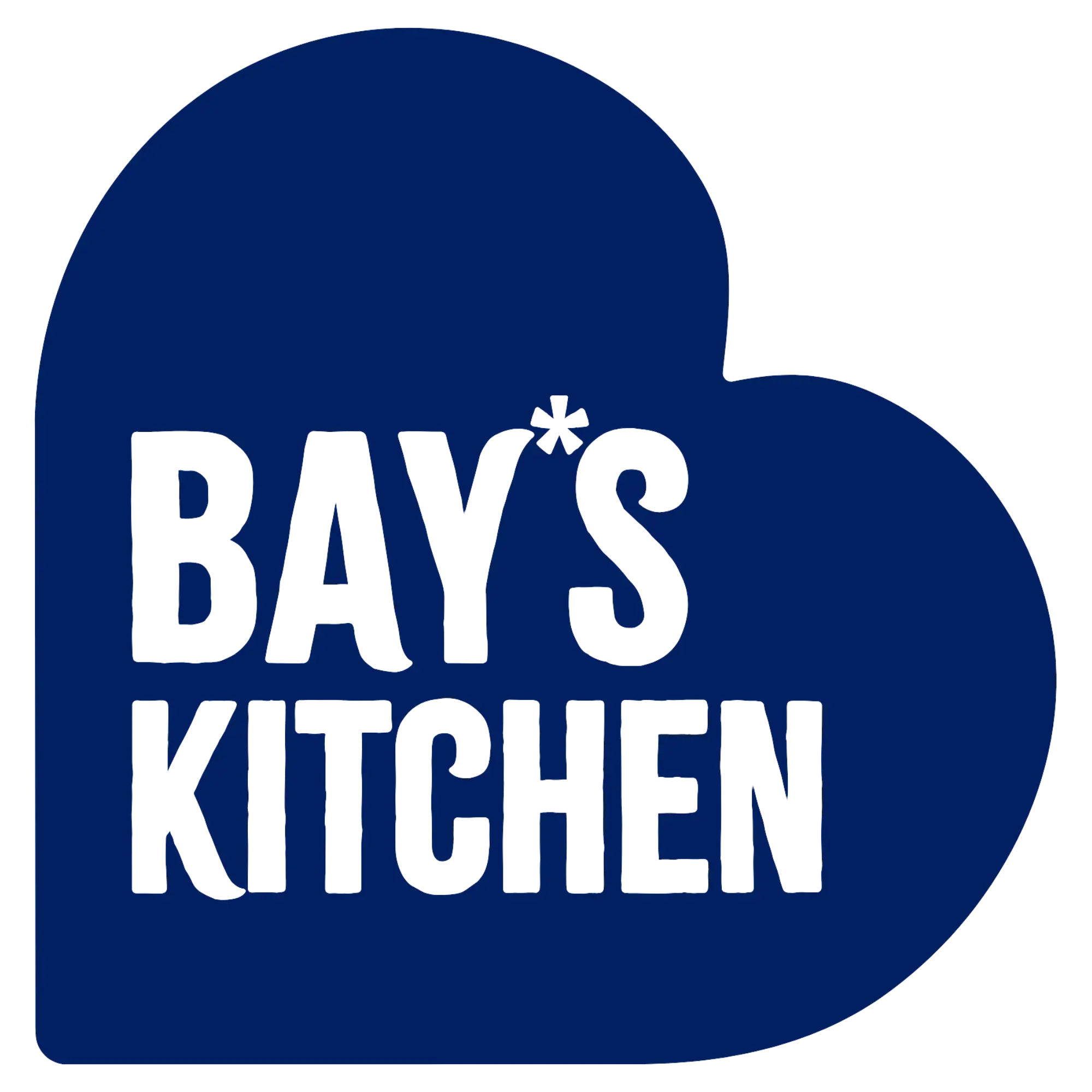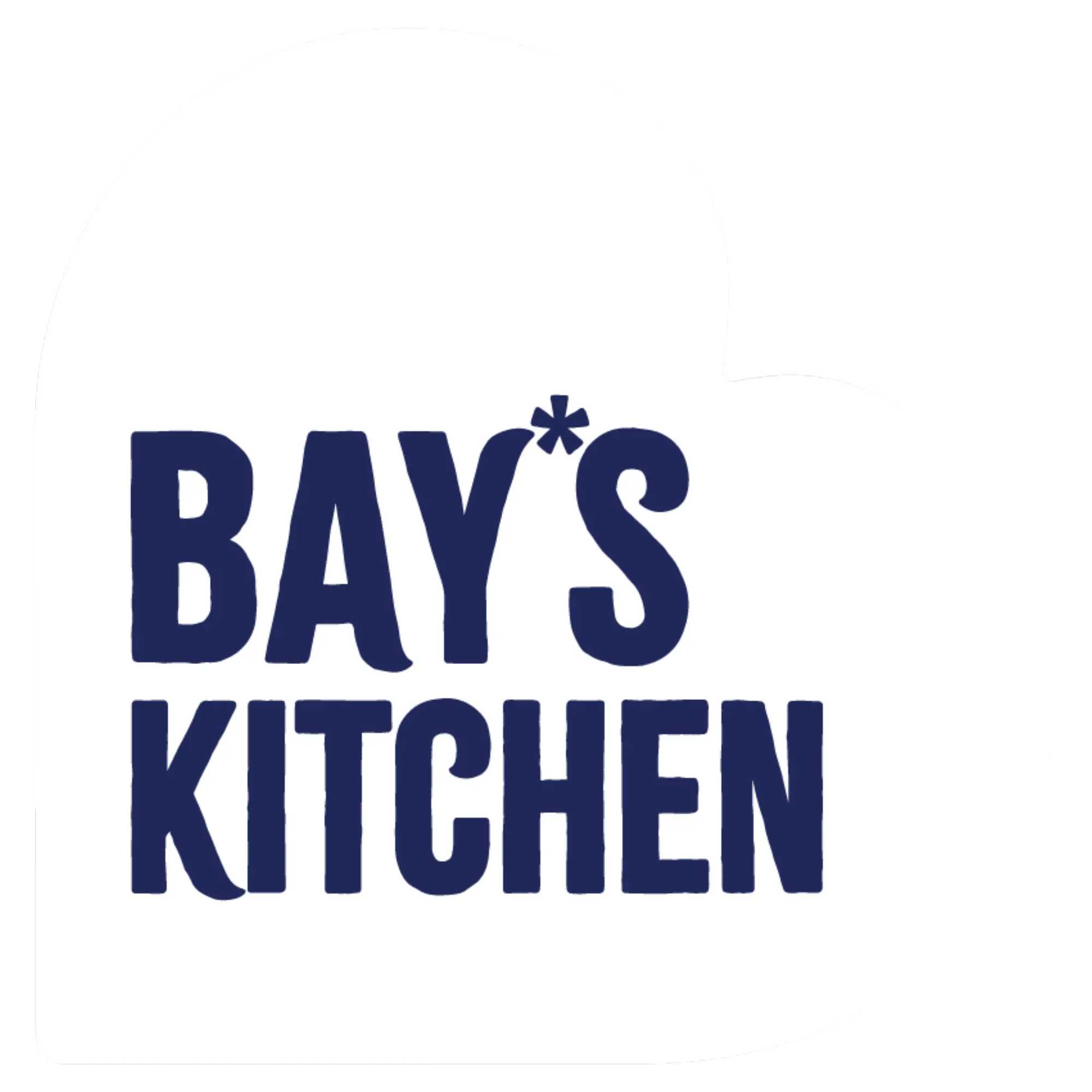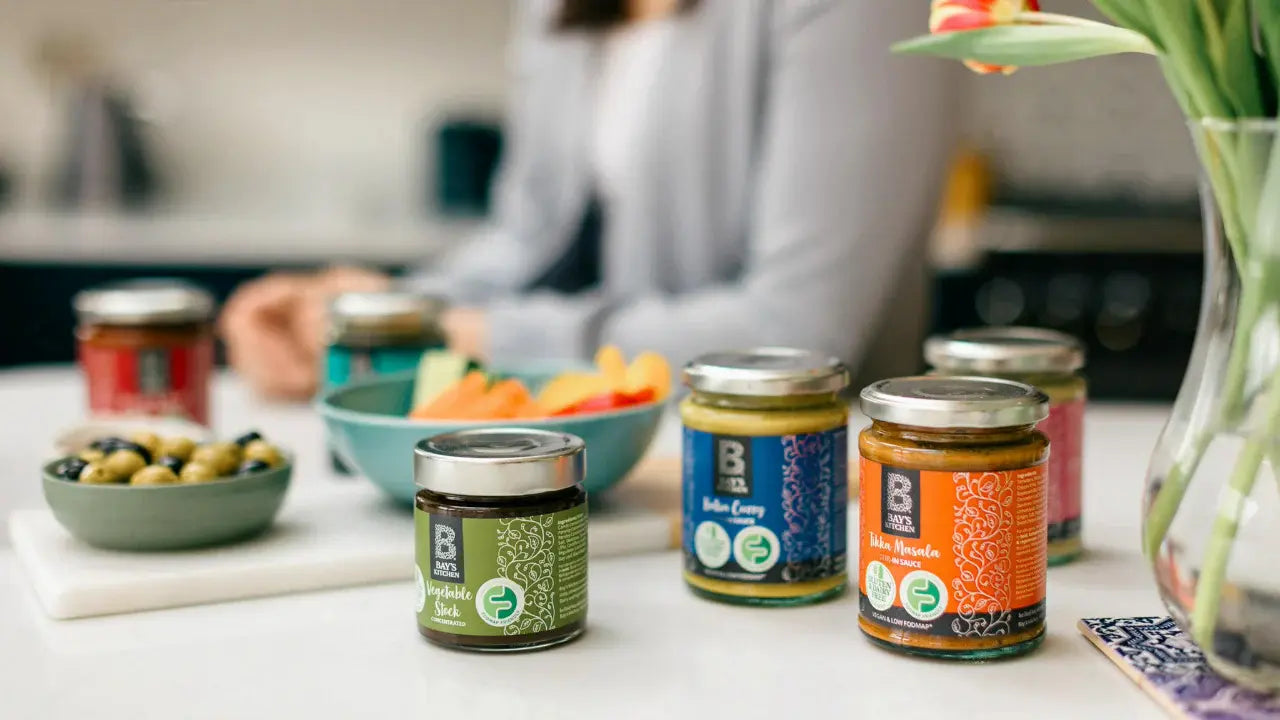When you’re first diagnosed with IBS, it’s easy to feel confused about what may trigger your symptoms. This can quickly lead to the avoidance of certain foods and experiences that might have negative repercussions. From long-haul flights to simply going to work, IBS has an impact on all areas of your life and can quickly make your world start to feel very small.
The good news? You can regain control and enjoy a more manageable lifestyle by embracing one simple yet powerful tool: a food and symptom diary. By documenting your meals, lifestyle factors and symptoms, you'll be able to uncover vital insights and patterns that will make your IBS journey more manageable.
This is why we designed Bay’s Kitchen Food & Symptom Diary - to help empower you to navigate your triggers and take charge of your well-being. In this post, we’ll take a look at the reasons why a food diary is a must for IBS sufferers.
5 Reasons Why You Should Keep a Food Diary
1. Identify Your Triggers
Identifying your triggers is crucial for managing IBS symptoms, and a food and symptom diary is your secret weapon. By consistently tracking meals, snacks, drinks, stress levels, sleep quality, and medication, you'll uncover patterns and connections that will empower you to make more informed choices.
By getting into the habit of regularly filling in a food diary, you’ll no longer have to rely on guesswork. Instead, you can work to pinpoint your own individual triggers and start to regain control over your well-being.
2. Gain Personalised Insights
Every IBS journey is unique, so a food and symptom diary offers personalised insights tailored to your individual experiences.
Although high FODMAP foods can present similar symptoms, it’s important to note that different people have varying tolerances towards different food groups. This is why it’s important to gradually add high FODMAP foods back into your diet during the reintroduction phase to work out which ones trigger your IBS symptoms, and how much of each food you can tolerate.
With a food and symptom diary, you'll gain a deeper understanding of your own body and find the best strategies to manage your personal IBS experience.
3. Better Communication
Clear communication is key when working with medical professionals and dietitians to manage IBS symptoms, and a detailed food and symptom diary will provide valuable insights. By providing them with a comprehensive record of your meals, stress levels, sleep quality, and medication, they’ll be able to better support you. This valuable data enables doctors and nutritionists to better understand your unique symptoms, identify patterns, and tailor treatment plans accordingly.
4. Ability to Monitor Progress
By consistently tracking your progress, you'll not only identify triggers, but also create a reference to monitor changes in your symptoms over time. This bird's-eye view allows you to assess the effectiveness of any dietary or lifestyle adjustments that you make, as well as celebrate victories and identify any further areas that need improvement. With a food and symptom diary, you can stay on top of your IBS management and continue to make informed decisions that positively impact your well-being for the long term.
5. More Empowerment & Control
Living with IBS can be challenging, but feeling confused and helpless in the face of symptoms can make it even tougher. One of the best things about starting a food diary is regaining a sense of control over your health.
In short, knowledge is power. When you understand your IBS triggers, you can choose whether to indulge with a clear understanding of the potential consequences. On the flip side, you can also opt to avoid your trigger foods for a symptom-free experience.
How Bay’s Kitchen Food & Symptom Diary Can Help
Bay’s Kitchen Food & Symptom Diary came into being when our founder, Bay, who lives with irritable bowel syndrome, realised that managing her symptoms required a better tracking tool. Determined to find an effective way to monitor her triggers and help others in the same situation, she decided to take matters into her own hands!
Teaming up with FODMAP-trained dietitian Laura Tilt, Bay designed the ultimate Food & Symptom Diary to make your life with IBS easier. It's not just about what you eat - other lifestyle factors can also trigger those dreaded flare-ups. That’s why the diary gives you space to keep tabs on all of these factors.

How To Use Your Food & Symptom Diary
Here’s how to make the most of your Food & Symptom Diary:
- Fill the diary daily for at least a few weeks, even on good days.
- Each double-page spread covers one day (as pictured above).
- Record your meals, snacks, and drinks with precise details like quantities and timings.
- Note any symptoms experienced throughout the day.
- Document medication, including quantity and time taken, as it may affect symptoms.
- Track bowel habits using the Bristol Stool Chart, as this can provide valuable insight into triggers.
- In the final section, make a note of alcohol consumption, exercise, stress levels, and sleep quality, as these can also impact symptoms. You can use the 'Other Notes' area for any extra observations.
- Use the symptom scale (0-10) to rate overall daily symptoms at a quick glance.
After several entries, compare high-symptom days to identify patterns and potential triggers. With consistent use, the diary will help you make informed choices and better manage your symptoms.
Remember, if you need help interpreting your food diary, share it with your nutritionist or dietitian for valuable insights.
Shop Bay's Kitchen IBS Symptom Diary
We know first-hand that managing IBS symptoms can be challenging, which is why we created our food and symptom diary - to help you to navigate your IBS journey with confidence. By monitoring your food and lifestyle choices, you'll be able to improve communication with medical professionals, track progress, and make more informed decisions.
We hope that it helps you to better understand your triggers and keep your symptoms under control. We’d love to hear how you get on, so don’t forget to tag us on social media or leave a review! We also have a handy low FODMAP starter pack which includes our diary plus a range of low FODMAP stir-in sauces for easy meal-planning, as well as plenty of delicious low FODMAP recipe suggestions.






